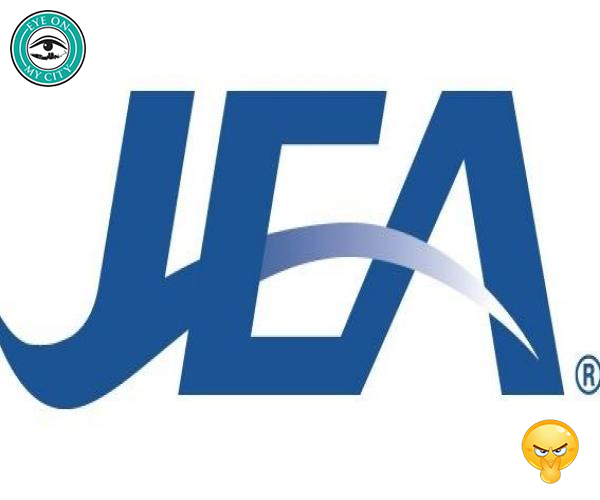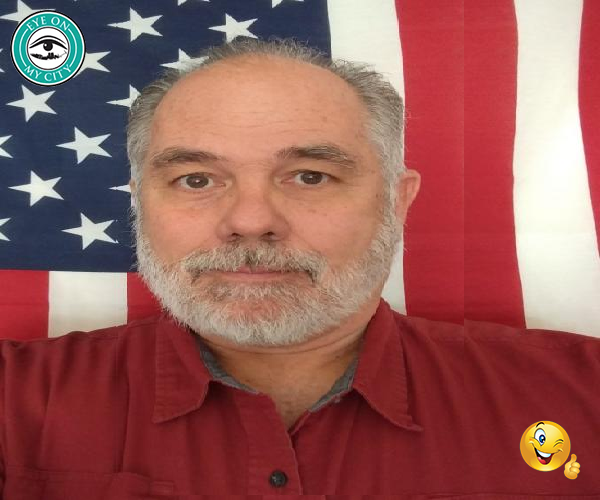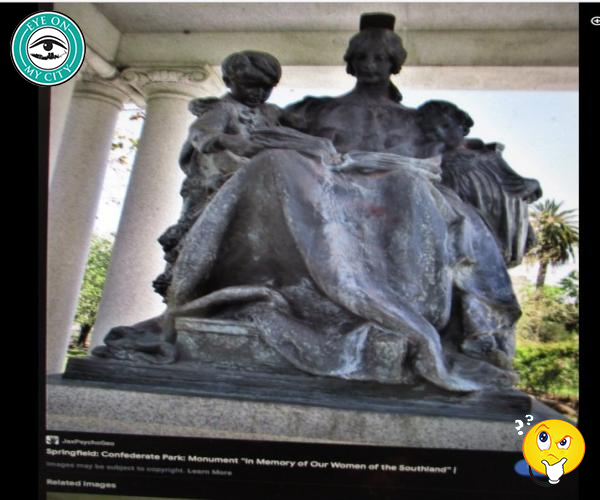
Eye on Jacksonville has been skeptical from the start about the rationale for the Special Committee on Social Justice and Community Investment created in the City Council.
One reason is that forming a committee on social justice implies there is social injustice in the city.
Where is it?
What is it?
Is it the same as “systemic racism,” a term for an invisible malady that cannot be identified, quantified or denied?
If so, it amounts to an indictment of a majority of Jacksonville residents as “racists.”
We do not believe that to be true.
Co-chairman of the committee Brenda Priestly-Jackson has provided some guidance. She said the committee is interested in the following:
“Septic tanks that need to be removed; crumbling infrastructure; economic development not viable or visible in certain parts of our city; different educational outcomes and opportunities; job loss; economic anxieties experienced because of the pandemic recession; health disparities; and death of our neighbors because of COVID-19 and ongoing inequities.”
Here is a point-by-point analysis of her charges:
1. “Septic tanks that need to be removed.” The city has been replacing septic tanks for years. There is a program in the Northwest Jacksonville Economic Development Fund target area, which contained 530 commercial septic tanks, to replace those that are failing with a city subsidy of $1 million. As of April, five of the eight projects had been completed, using about one-fourth of the fund.
The JEA also has been involved. There were an estimated 65,000 private septic tanks in the city and a 2016 program was intended to phase out 1,150 of them in three Northwest Jacksonville neighborhoods, at a cost of $36 million. The program required 70 percent of those in the neighborhood to agree for the phaseout, but many did not want to participate even with a subsidy by the taxpayers. The average cost for hookup to sewers is $4,000-$11,000, according to the Daily Record. Katrina Brown, district council member at the time was quoted as saying the program fell in line with keeping promises made as part of consolidation. (That promises were made prior to consolidation but have not been kept is another often-repeated allegation of injustice.)
2. “Crumbling infrastructure.” This is a nationwide complaint that never ends. There has been no evidence presented that Jacksonville is any more deficient than any other city. In any case taxpayers spend about $150 million a year on infrastructure.
3. “Economic development not viable or visible in certain parts of our city.” There is a special fund set up to encourage and entice development into Northwest Jacksonville (downtown and everything north and west from that point). Reasons for lack of development include problems getting insurance because of theft and arson, and lack of patronage. The city recently paid Winn-Dixie $800,000 to open a grocery in a Northwest Jax shopping center after Publix left.
4. “Different educational outcomes and opportunities.” This is especially egregious. How Priestly-Jackson, who previously served on the School Board, could ensure equal outcomes would be of great interest. Furthermore, we challenge her to cite any case where a Jacksonville resident does not have the same educational opportunity as any other resident.
5. “Job loss.” Too vague to answer. Jobs come and go throughout the city.
6. “Economic anxieties experienced because of the pandemic recession.” Anxiety is not something that can be addressed by politicians and bureaucrats, and in any case it is felt by everyone in the world during a pandemic.
7. “Health disparities.” We join her in wishing everyone could have good health but have never seen any politician anywhere propose any feasible way to attain that goal.
8. “Death of our neighbors because of COVID-19 and ongoing inequities.” Another vague reference that we cannot comprehend or analyze. How is a pandemic that threatens everyone an inequity?
In short, there is a lot of political rhetoric but no concrete evidence of social injustice to remedy.









